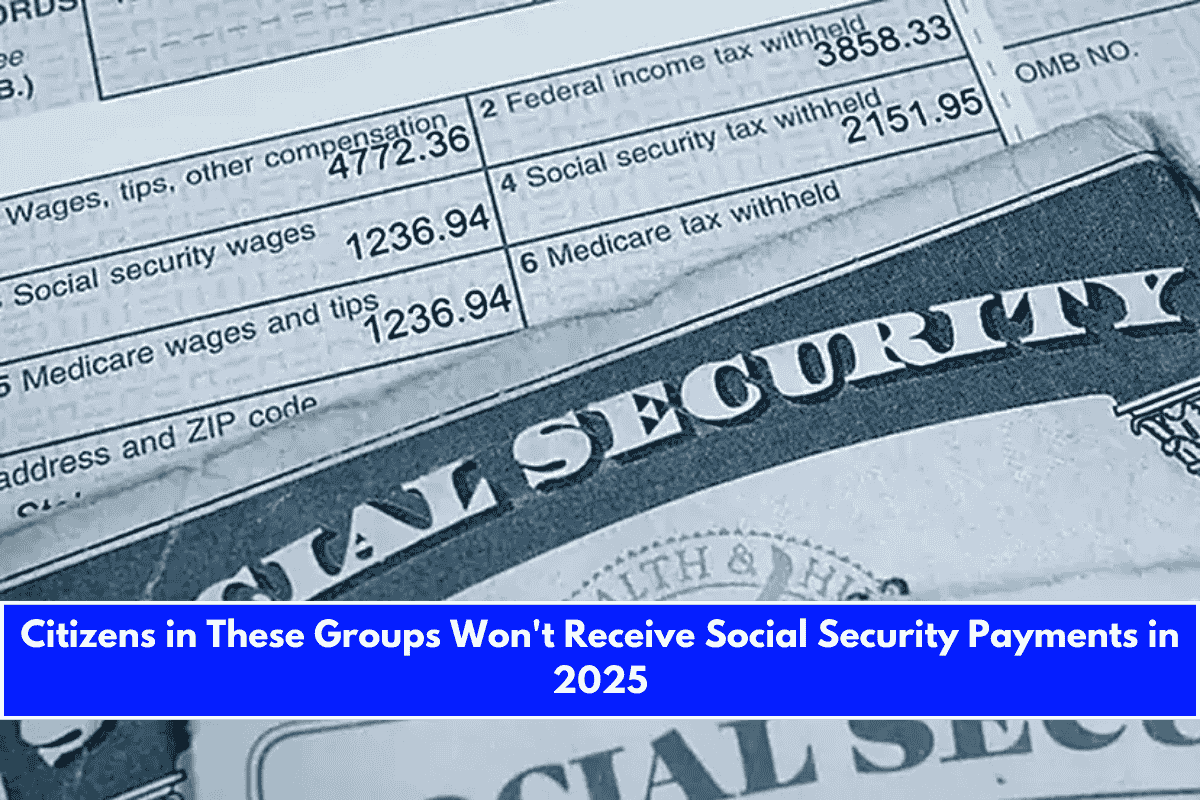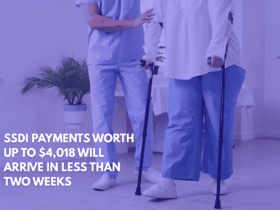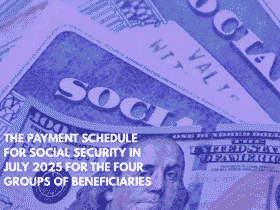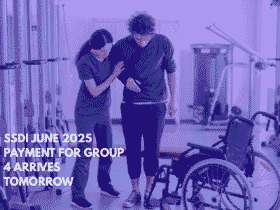If you are a U.S. citizen receiving Social Security benefits, it’s important to know that your monthly payments could be stopped under certain conditions. Many people assume that once their benefits start, they’ll continue without issue—but that’s not always the case.
In 2025, the Social Security Administration (SSA) will continue to follow strict rules about who qualifies to receive payments. Being informed can help you avoid suspensions, delays, or even a full cancellation of your benefits.
1. Earning Too Much Before Full Retirement Age
If you start working again after claiming benefits and earn more than the SSA’s income limits, your monthly payments could be reduced or temporarily stopped. This applies if you are below full retirement age and earning above the set threshold.
2. Moving to Restricted Countries
The SSA cannot send payments to certain countries like Cuba or North Korea. If you move to these locations, your benefits will be suspended.
3. Death of the Beneficiary
Social Security payments automatically stop when the recipient passes away. However, survivor benefits may be available to family members such as spouses, children, or dependent parents.
4. Ignoring SSA’s Requests for Information
If the SSA asks for updates or documents and you fail to respond, they may suspend your payments until the required information is provided.
5. Owing Money to the Federal Government
If you have outstanding federal debts, such as unpaid taxes or defaulted student loans, the government may withhold a portion or all of your Social Security benefits to cover the debt.

6. Being in Prison
If you are convicted of a crime and serve more than 30 days in jail, your benefits may be suspended for the duration of your sentence.
7. Committing Fraud or Providing False Information
If you were found to have lied or committed fraud while applying for benefits, the SSA can cancel your payments and even demand that you pay back the money you received.
8. Change in Immigration Status (Non-Citizens)
For non-citizen residents, a change in immigration status could result in loss of eligibility. If your legal status ends, your Social Security payments could stop.
9. Not Updating Bank or Address Information
Failing to update your bank account or address can result in your payments being delayed or suspended. It may seem like a small detail, but it’s essential for receiving your money on time.
10. Not Meeting Work Credit Requirements
If the SSA re-evaluates your case and finds that you do not have enough work credits, they could stop your payments, even if you were already receiving them.
Knowing these 10 key reasons why Social Security payments could stop will help you protect your benefits and avoid any unexpected surprises. Make sure to respond to SSA requests, keep your information updated, and follow the rules regarding earnings and residency.
If you’re unsure about your status, the best thing to do is to contact the SSA directly or visit their official website. They can help you fix issues before your payments are affected.











Leave a Reply